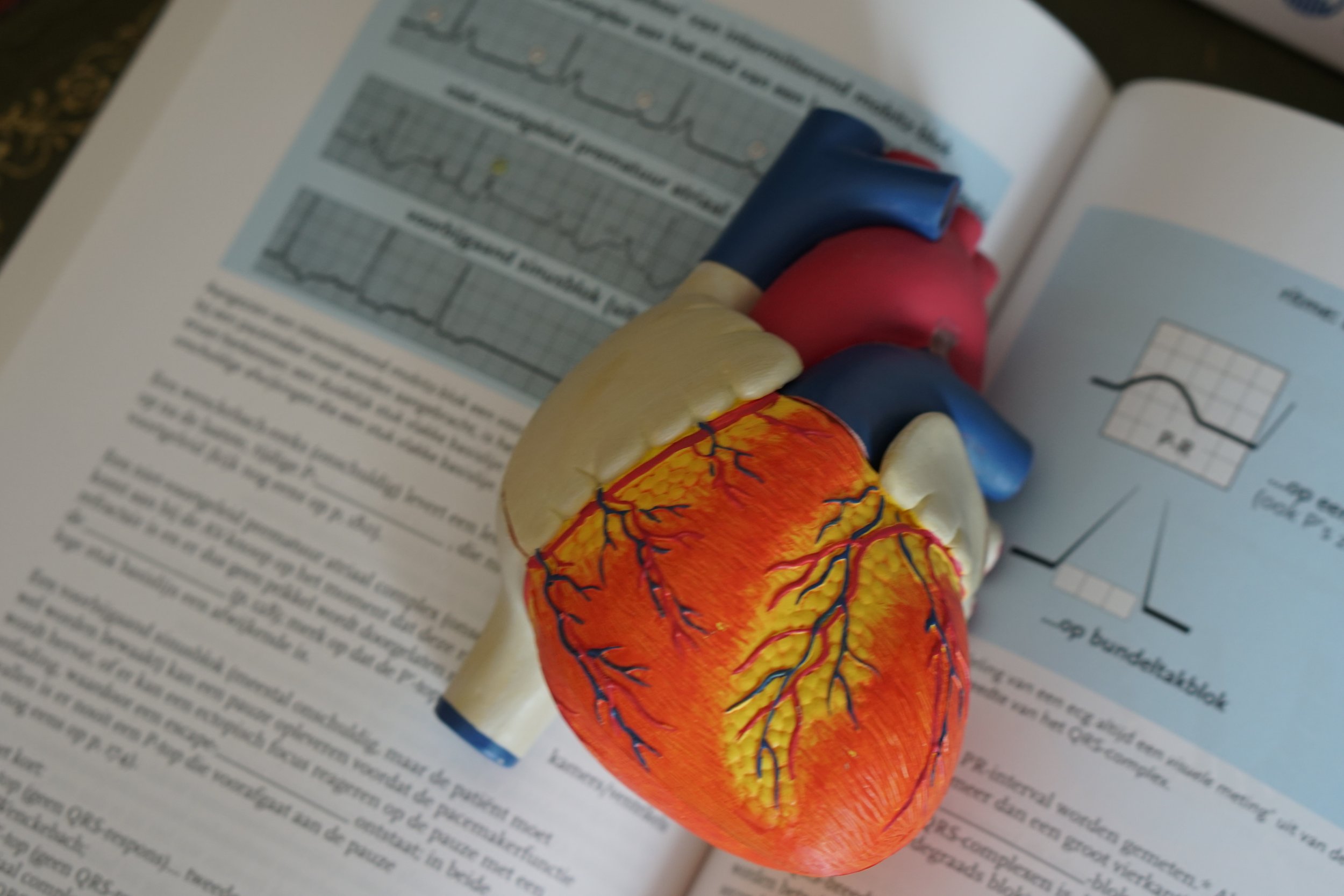What major should I study if I want to go to medical school?
You might be surprised to hear that the answer is… whatever you want!
Many people believe that in order to go to medical school, you need a degree in biology, or microbiology, or biological sciences. The truth is, though, that you can study whatever you want and go to medical school as long as you have taken the necessary prerequisites. While there is no specific set of courses required by all schools, most of them agree on the following at a minimum:
Biology and a lab
General chemistry and a lab
Organic chemistry and a lab
Physics and a lab
English or writing courses
Statistics or calculus
Medical schools don’t necessarily require social science courses, such as psychology or sociology, but it’s important to know that the MCAT does cover material related to those fields. It won’t hurt to make sure you take a few social science classes!
An argument has been made in medical school admissions that having a major outside of the sciences—a degree in the humanities or the liberal arts, for example—might make you an optimal candidate. That’s because liberal arts degrees teach students how to think critically, to make connections within and among different fields, and to see beyond the “black and white,” since medicine itself is rarely straightforward. While we know that a science major will be academically prepared for a career, they may be missing some of the skills that allow them to become a well-rounded physician.
Whichever route you decide depends on you. There isn’t a surefire way to get into medical school, and one route is not easier than the other. To be competitive for medical school, we at S2S recommend you study a major that you enjoy and that will allow you to earn the best grades possible. If you decide to study something that is not related to the sciences, make sure you use a resource like the Medical School Admissions Requirements Report, put together by the Association of American Medical Colleges, in order to make sure you are taking the required prerequisites.
One final note: if you’ve already earned your bachelor’s degree and do not have the right courses for medical school, but you’d like to go to medical school, you can always consider a postbaccalaureate program. A postbac, as they are often called, is available after you’ve earned your bachelor’s degree and allows you to take the prerequisites for a professional school, like medical school, in a condensed time frame. After you’ve earned your postbac, you are eligible to apply to medical school (or whatever professional school you’ve done the postbac for—they are offered for many different types of programs!) It’s a great way to make a seamless pivot, and some postbac programs have their own connections to medical schools and offer alternative routes for admission.
Considering or planning to apply to a healthcare professional program? Sign up for admissions support and get 1-on-1 mentorship from one of our healthcare professional Ambassadors.



